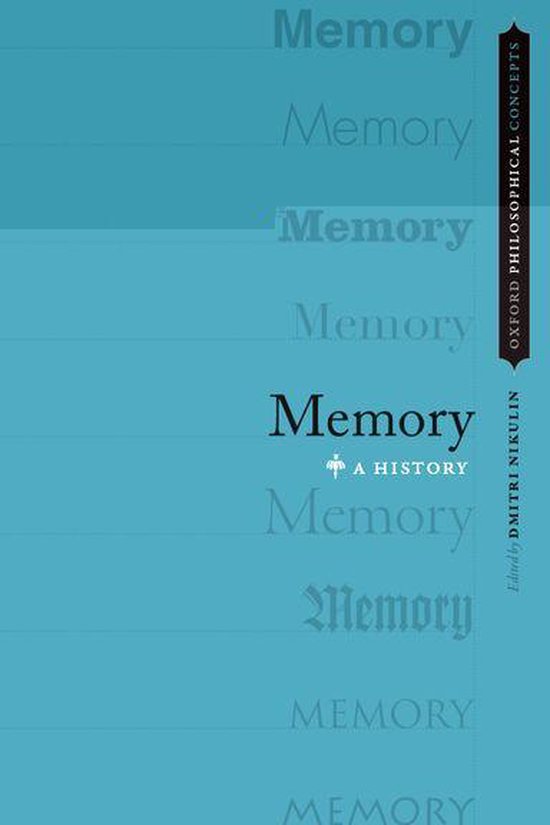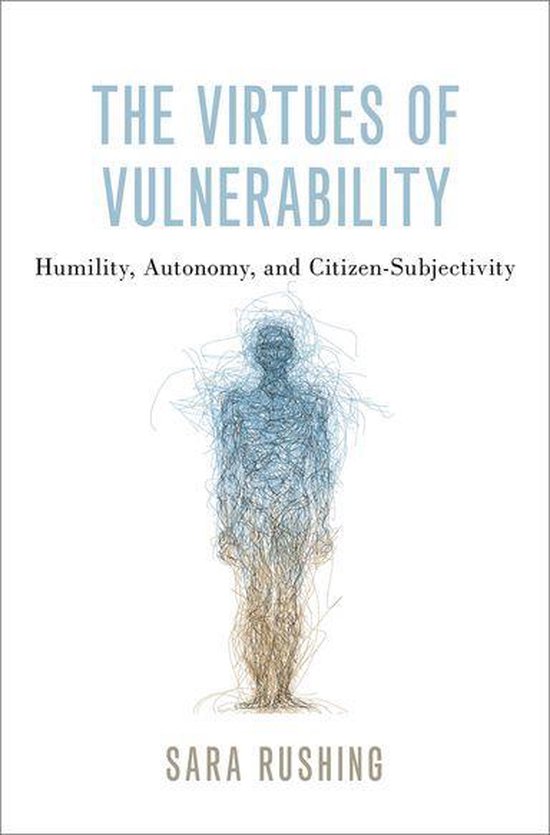Rbizo.com
The measure of things

Rubriek: Textual/Printed/Reference Materials - Boek
Prijs: € 165
Rating: 0/5
☆
☆
☆
☆
☆
Verzending:
2 - 3 weken
2 - 3 weken
Inhoudsopgave:
Omschrijving:
Explores and defends the view that a reality independent of human perspectives is necessarily indescribable, a 'mystery'. This book restores to philosophy an appreciation of mystery - that is what provides a measure of our beliefs and conduct.
Philosophers, both western and eastern, have long been divided between 'humanists', for whom 'man is the measure of things', and their opponents, who claim that there is a way, in principle knowable and describable, that the world anyway is, independent of human perspectives and interests. The early chapters of The Measure of Things chart the development of humanism from medieval times, through the Renaissance, Enlightenment and Romantic periods, to its most sophisticated, twentieth-century form, 'existential humanism'. Cooper does not identify this final position with that of any particular philosopher, though it is closely related to those of Heidegger, Merleau-Ponty and the later Wittgenstein. Among the earlier figures discussed are William of Ockham, Kant, Herder, Nietzsche and William James. Having rejected attempts by contemporary advocates of modest or non-metaphysical realism to dissolve the opposition between humanism and its 'absolutist' rival, Cooper moves on to an adjudication of that rivality. Prompted by the pervasive rhetoric of hubris that the rivals direct against one another, he argues, in an original manner, that the rival positions are indeed guilty of lack of humility. Absolutists - whether defenders of 'The Given' or scientific realists - exaggerate our capacity to ascend out of our 'engaged' perspectives to an objective account of the world. Humanists, conversely, exaggerate our capacity to live without a sense of our subjection to a measure independent of our own perspectives. The only escape, Cooper maintains, from the impasse reached when humanism and absolutism are both rejected, lies in a doctrine of mystery. There is a reality independent of 'the human contribution', but it is necessarily ineffable. Drawing in a novel way upon the Buddhist conception of 'emptiness' and Heidegger's later writings, the final chapters defend the notion of mystery, distinguish the doctrine advanced from that of transcendental idealism, and propose that it is only through appreciation of mystery that measure and warrant may be provided for our beliefs and conduct.
- 1 Bekijk alle specificaties
Beste alternatieven voor u.

Oxford Philosophical Concepts - Memory
Rating: 0 / 5 | Prijs: € 42.99
In recent decades memory has become one of the major concepts and a dominant topic in philosophy sociology politics history science cultural studies literary theory and the discussions of trauma and the holocaust in contemporary debates the concept of memory is often used rather broadly an
Direct beschikbaar .. MEER INFO

The Virtues of Vulnerability
Rating: 0 / 5 | Prijs: € 79.99
Within the liberal tradition the physical body has been treated as a focus of rights discussion and a source of economic and democratic value it needs protection but it is also one s dominion tool and property and thus something over which we should be able to exercise free will however the d
Direct beschikbaar .. MEER INFO